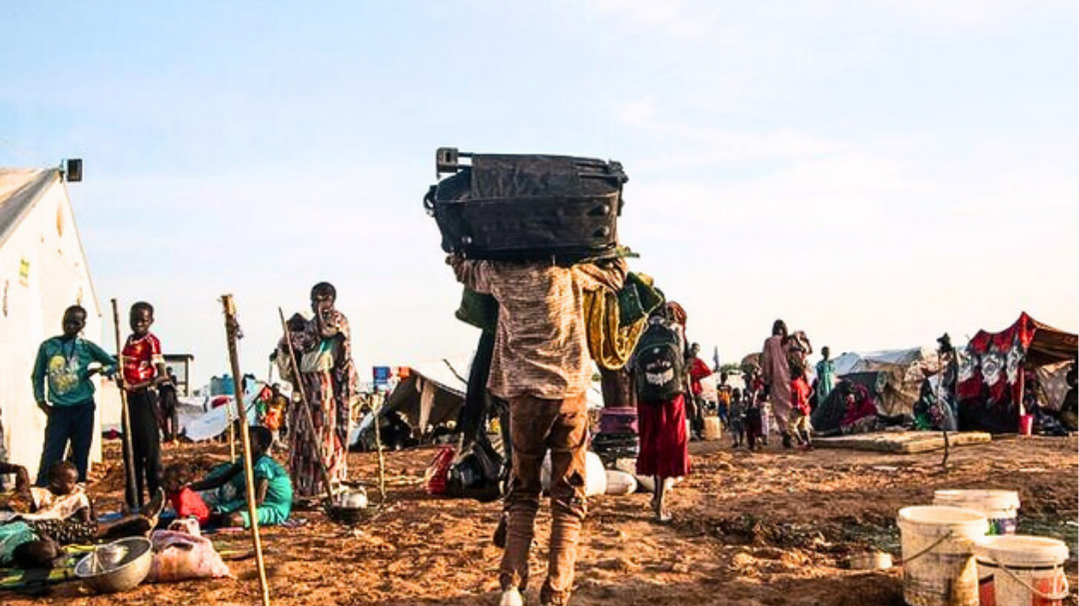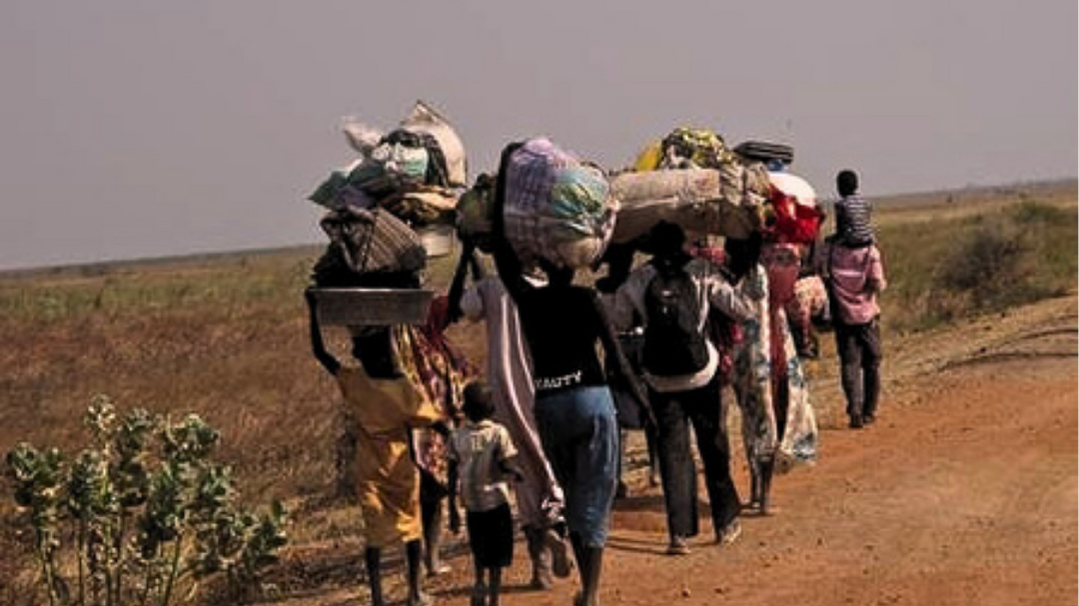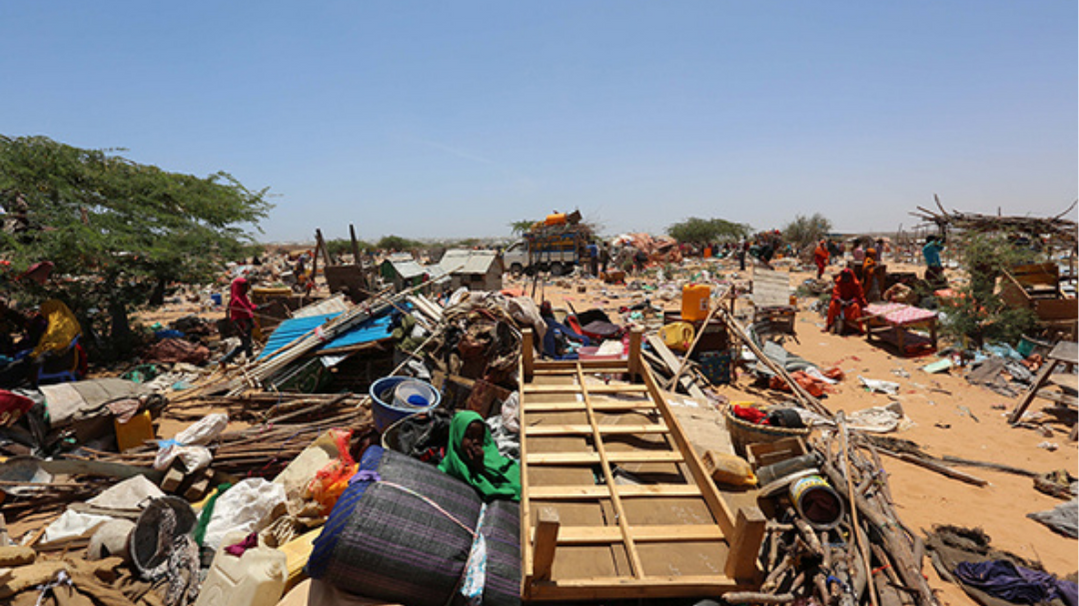Transforming Lives Amidst Crisis: Impact Evaluation of Emergency Livelihood Response in Mogadishu
In the midst of Somalia, where recurring crises challenge the resilience of displaced populations and their host communities, the Impact Evaluation of Emergency Response to Livelihoods Crisis conducted by IDTC was indispensable to validate the implemented strategies. IDTC's examination of its goals, key interventions, and the profound impact on the lives of Internally Displaced Persons (IDPs) and host communities in Mogadishu highlights its valuable services.
Project Objectives
The project, conceived against the backdrop of a severe livelihoods crisis, set forth clear objectives aimed at IDTC providing guidance for immediate relief and fostering sustainable solutions. The primary goals included:
- Immediate Relief: Meeting the pressing requirements of at-risk populations through the provision of advisory strategies for immediate assistance mechanisms, encompassing necessities like food, shelter, and essential supplies.
- Livelihood Restoration: Providing guidance on the implementation of interventions that not only restored disrupted livelihoods but also equipped individuals and communities with the tools to rebuild and sustain their economic well-being.
Key Interventions
- Livelihood Skills Training: Acknowledging the significance of empowering individuals with marketable skills, IDTC recommended the implementation of inclusive livelihood skills training programs. Customized to meet the participants' needs, these programs encompassed a spectrum from vocational training to entrepreneurship development.
- Microenterprise Support: Fostering self-reliance among individuals, IDTC offered counsel on supporting the establishment and expansion of microenterprises. This encompassed financial aid, mentorship, and facilitation of access to markets.
- Basic Needs Provision: In the immediate aftermath of the crisis, prioritizing the fulfillment of basic needs is imperative. IDTC evaluated the distribution of essential items, including food, clean water, and shelter materials, to alleviate the immediate suffering of the affected population
- Community Engagement and Empowerment: Community participation was at the core of the IDTC's intervention. Engaging with local communities ensured that interventions were contextually relevant, and beneficiaries actively participated in decision-making processes.


